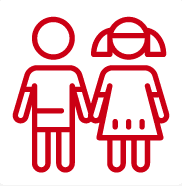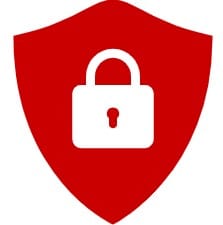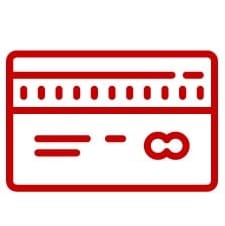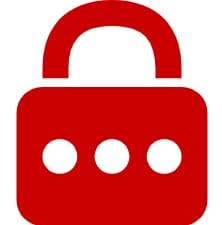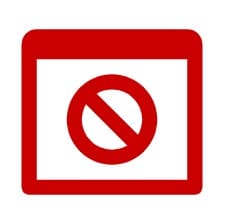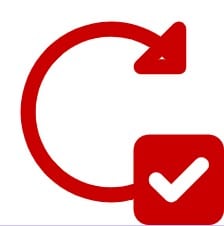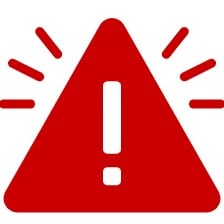From The Epoch Times | Robert Jay Watson
We all know the famous Verizon commercials from the 2000s with actor Paul Marcarelli portraying “The Test Man.” He calls from a manhole, a mountain, the middle of a cornfield, and dozens of other places with the simple question: “Can you hear me now?”
But in the world we live in, people find a way to make lines like these into a going proposition. Over the past few years, police across the country have received reports of scammers using these exact words to steal the most valuable thing consumers have: their voice.
It all starts innocently enough. You receive a call from a legitimate-sounding source. The area code might even be your own. You answer the call. The person on the other end explains that they are from a bank or credit card company or even offer you a special deal for a package holiday or cruise.
So far, everything seems above board, right? It might be annoying as telemarketing calls always are, but it’s nothing to worry about.
Then it comes—a lapse in the conversation. Maybe you’ve lost signal? Maybe the call is breaking up? The person on the other end says something like the words the Verizon ads made famous: “Can you hear me?” And the trap is set.
Because all these scammers want is for you to do what you’d naturally do in such a situation. Say “yes.” Once you do, the damage is already done.
But wait, you’re probably thinking, “Why do they just want that?” Surely they need more information if they’re going to be able do anything with it.
Think a little more about it, though, and you’ll see why this is cause for concern. Imagine if the scammers have already identified you and some of your personal information. If they go on to make a purchase and need confirmation from an automatic banking system in order to bypass security measures, they’ve got your voice.
As David Lazarus, a journalist for the LA Times, told KTLA in Los Angeles, “The call that I got, it sounded like a woman was calling. … She was bobbling her headset, and she said, ‘I’m sorry, I couldn’t get my headset on. Can you hear me?’” Thankfully, he managed to avoid saying “yes” but recognizes it was a close call.
As CBS News notes, the scam isn’t new, and it can play out in several ways. The questions that elicit the desired response could be “Are you the lady of the house?” or “Do you pay the household telephone bills?” or “Are you the homeowner?” Before they know it, most people have responded, and the race is on.
Once the scammers have managed to use your voice to get the phone company to pass on third-party charges, your next step is obviously to dispute charges. But for many people in this situation, when scammers play back your own voice to you saying “yes” to the charges, they feel helpless.
Even worse, scammers will sometimes threaten to file a lawsuit against you and ruin your credit if you don’t pay up!
What to do in these cases? Well, thankfully you have a lots of options according to NBC. The solution is extremely simple: hang up when you hear the magic words. For some people, this might feel rude, but imagine the hassle you’re saving yourself from.
Next, you can report the number to the Federal Trade Commission. This will help them in ongoing investigations into these scams. Finally, there are plenty of apps on your smartphone that will help you screen calls from suspicious sources, and in the case of robocalls, block them altogether.
So next time the phone rings, be careful what you say!



